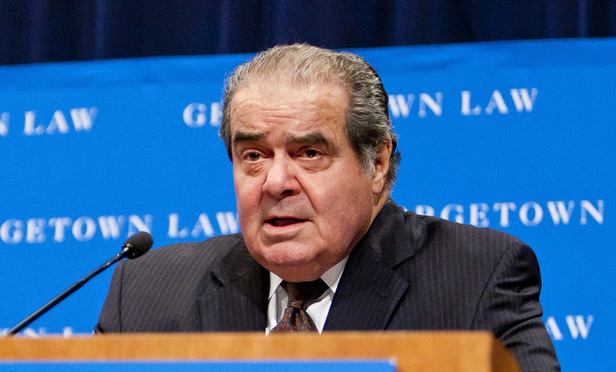Justice Antonin Scalia once observed that “the American people are neither sheep nor fools,” in McConnell v. Federal Election Commission, 540 U.S. 93 (2003). During his 30 years on the U.S. Supreme Court, he wrote 104 majority opinions but only three of those addressed substantive antitrust issues. This article addresses those three seminal antitrust opinions. Next month’s article will address Scalia’s dissenting opinions in antitrust cases. A review of the three substantive antitrust opinions Scalia authored for the majority of the court reveals that he frequently presumed that antitrust defendants—alleged monopolists in each case—were likely just sheep, living in a world that all too quickly presumed them to be wolves. As can be seen from a review of those majority opinions, Scalia rejected the notion that, without more, one could presume that an anticompetitive effect revealed anticompetitive motive or conduct, even when such a conclusion was equally plausible. Indeed, in two cases, he cast aside jury verdicts for plaintiffs.
In Business Electronics v. Sharp Electronics, 485 U.S. 717 (1988), there was a conflict in the circuits as to where to draw the line between vertical price restraints, which are illegal per se, and vertical nonprice restraints, which are assessed under the rule of reason. Sharp Electronics Corp. published a list of suggested minimum retail prices for its business calculators, but its agreements with its distributors recognized that these were merely suggestions and the dealers could still set their own prices. Business Electronics Corp. (BEC) competed with Gilbert Hartwell as distributors in the relevant market. Notably, BEC’s “retail prices were often below [Sharp's] suggested retail prices and generally below Hartwell’s retail prices, even though Hartwell too sometimes priced below [Sharp's] suggested retail prices.” As a result, Hartwell complained to Sharp about BEC’s price-cutting and threatened to terminate its dealership with Sharp unless Sharp terminated its relationship with BEC. Thereafter, Sharp did just that.
This content has been archived. It is available through our partners, LexisNexis® and Bloomberg Law.
To view this content, please continue to their sites.
Not a Lexis Subscriber?
Subscribe Now
Not a Bloomberg Law Subscriber?
Subscribe Now
LexisNexis® and Bloomberg Law are third party online distributors of the broad collection of current and archived versions of ALM's legal news publications. LexisNexis® and Bloomberg Law customers are able to access and use ALM's content, including content from the National Law Journal, The American Lawyer, Legaltech News, The New York Law Journal, and Corporate Counsel, as well as other sources of legal information.
For questions call 1-877-256-2472 or contact us at [email protected]



